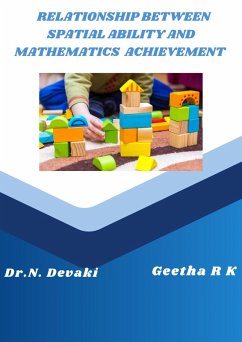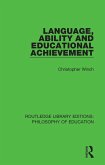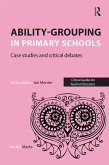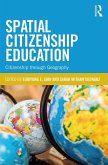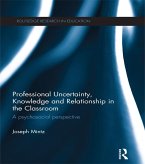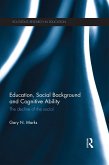Spatial ability, defined as the capacity to understand, reason, and remember the spatial relations among objects or space, plays a pivotal role in various aspects of learning, especially in subjects that require visualization and manipulation of objects, such as mathematics. This book offers a comprehensive examination of the theoretical underpinnings of spatial ability, highlighting its significance in cognitive development and academic success.Through a meticulous research methodology, the book investigates the relationship between spatial ability and mathematical achievement. Quantitative data is gathered through standardized tests designed to measure both spatial ability and mathematical proficiency. The analysis employs statistical techniques to identify correlations and causations, providing a robust understanding of how these variables interact.Additionally, the book addresses the potential for spatial training programs to mitigate disparities in mathematical achievement. By providing targeted support to students who struggle with spatial tasks, educators can help bridge the gap in math performance and ensure more equitable educational outcomes.
Dieser Download kann aus rechtlichen Gründen nur mit Rechnungsadresse in A, B, CY, CZ, D, DK, EW, E, FIN, F, GR, H, IRL, I, LT, L, LR, M, NL, PL, P, R, S, SLO, SK ausgeliefert werden.
Hinweis: Dieser Artikel kann nur an eine deutsche Lieferadresse ausgeliefert werden.

